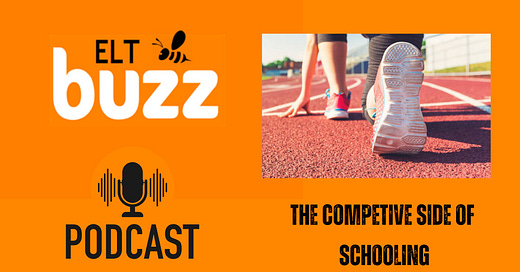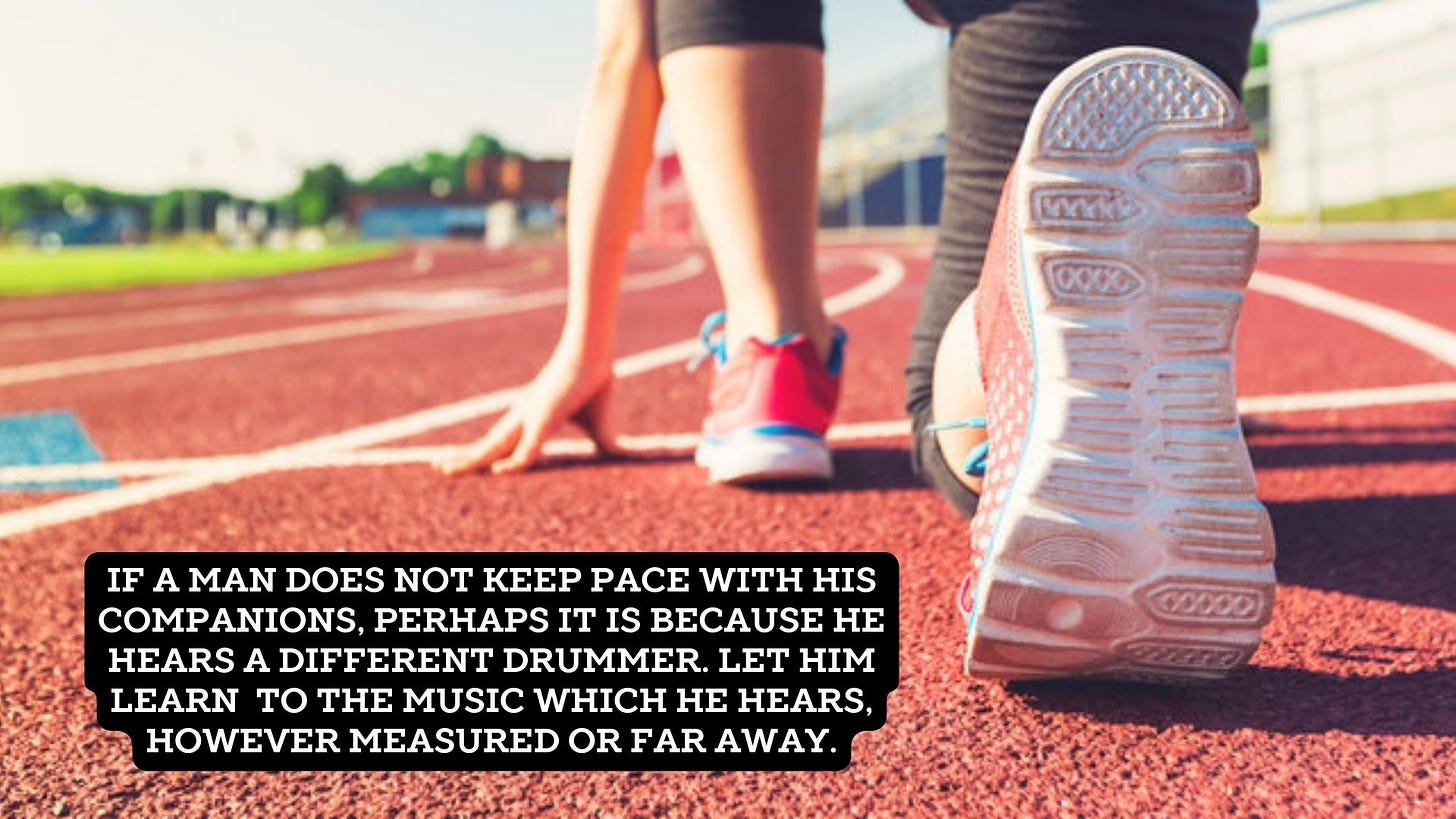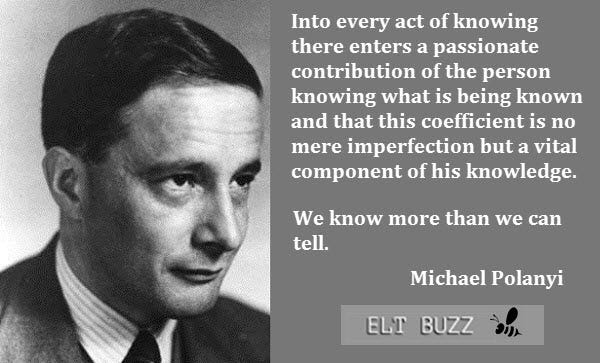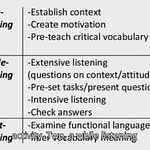ELT Pros On Linkedin | Video Library | Our Blog | ELT Buzz News | TpTs
Having recent been taking a few months break from classroom teaching, I’m starting to see the forest for the trees and been thinking a lot about the “competitive” nature of our classrooms, our schools and our western educational systems.
First off, I’m not a warm and fuzzy “humanist”, asserting that we shouldn’t measure or mark students. Not at all.
Competition is healthy if done without long lasting “selfish” and negative consequences, if done for the benefit of learning. That said, I do find some very disturbing things about how we line up and race students down the learning path. This has been my experience and here are a few of my observations.
1. The race is to the quick?
How come we make learning into a sprint? Why not a marathon? Why not off track or even against yourself? What I mean is, we chunk up learning into discrete units of time and space, usually a few weeks or months. Students memorize and “learn” in a short period of time. We then say they have “learned”. We then say who has won, who gets the ribbons and who is “dumb”. But what have they won? And what about the students who learn over time, the hedgehogs and late bloomers? Why should we look at learning only through a short time frame and in terms of learning having an expiration date?
2. Product and Result Over Process.
Education loses when it focuses just on an outcome, the finish line - and nothing else. It’s what is so frightening about the use of AI in education. It’s not the journey but the final product - get that done, quick and wham baam, thank you man, I’m done, I’ve learned. But have you? Technology is pushing us to see learning as a thing of speed, efficient use of time when it is anything but. The process IS where learning happens and we skip it at our own peril. If we leave this out, learning just becomes an empty vessel, a piece of paper, a tin medal. Not something organic, deeply ingrained and a part of us, our soul and being.
2. Teaching to the top.
The competitive nature of our education system, our labeling and grading, our ranking and judging of students – creates a hierarchy. And one of the most severe consequences of this, is so many teachers without clothes. Meaning, teachers teaching to the high end, to the audience that is listening/responding. They really and truly have no clothes though – unaware that so many others are left along the road, not really learning and yet still afraid to tell the teacher they have no clothes (for they aren’t teaching those that truly need it, the others at the top will learn nevertheless and sometimes inspite of the teacher).
Why do we continue to teach to the top and create schools where only the “top” fit in?
3. Values out the door – dog eat dog.
When we mark a student and compare students, aren’t we making education into one giant scramble up the intellectual garbage heap? Is that the end game and role of education – to create individuals who are constantly comparing themselves, ranking themselves against others? Supremism / Superiorism / Elitism / Cliquism seems to be the end result, along with a lot of individuals laid to waste along this road. Why must there be failures for others to succeed? Winners and losers? Who ever said it should be so?
4. Intellectual Grandiosis
This is the disease that our competitive education system holds up as a sign of health. Why must the end goal of all education, from kindergarten to university, be the creation of a being that counts only from the neck up? So asked Ken Robinson. I totally agree.
Why should the race just be along the path of facts and books and rationalism? Why don’t we value our quirky ones, or our athletes, or our very empathetic and kind students?
Is not empathy something we learn and should value? Why do we worship the rotting library of academia?
5. Knowing More Does Not Mean Understanding More.
Our students “know” and the competitive system assures so. However, that doesn’t equate to understanding nor even the enacting and proper use of this knowledge. There are many students who do intuitively understand and who we don’t value because they can’t explain it. Why should we equate “winning” with being able to explain? We undervalue and undermine the great force of intuition and wisdom in our competitive market place.
6. Institutionalized Powerlessness
We value human beings by how many years of competitive schooling they’ve had. X number of years and you have it made, you are of the “powerful”. You’ve climbed to the top and are given “value” for such. But what about those who’ve learned by themselves, who gained knowledge while on the toilet or from the tube or their Toshiba laptop?
Who is the great decider that tells who should go left and others go right? Isn’t our educational system to blame? How we consign people to failure not based on merit but solely because they didn’t run (and pay for) the educational race?
Just a few thoughts about how competitive education has become. We make it so, to our detriment.
I hope the next blog post, to outline some ways teachers can be subversive and help all students with as little labeling as possible.















Share this post